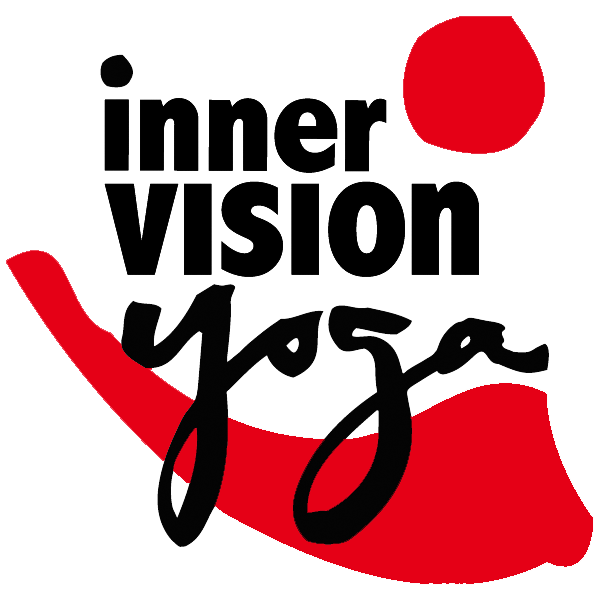
by Michelle Hegmon
I am high on the East Ridge of Mt. Logan in Canada. I have crampons on my feet, ice tools in my hands, and a pack on my back. I am having fun. We are at the narrow Knife Edge Ridge, which drops thousands of feet on both sides to the glacier below. Everything is snow and rock and ice. I am tied into one end of a rope, and my husband is on the other end. If I fall, he can probably hold me, but it is also possible I will pull him down. If I fall, getting back up on the ridge would be very difficult. I cross, placing one small agile foot in front of the other. No problem. Its a spectacular day.
I am at home, the Monday after Thanksgiving. My heart is pounding, my stomach hurts, and I am in a panic. A few days ago I had a routine medical test. Usually, when results are normal, the doctors office leaves a message. But when we got home last night there was no message. That must mean something is seriously wrong and the doctor needs to talk to me in person. Why was there no message? There was no message because the answering machine was turned off! I know this. Why doesn’t knowing help?
I am at a faraway yoga studio, and I am feeling sorry for myself. I dont trust the teachers or their forceful adjustments. My neck hurts. For the first time ever, I dont want to go to yoga class. I e-mail a teacher I do trust. I am irritated with myself for being frightened, and I dont want to miss the opportunity of practicing here, so I force myself to go. Yet another rough adjustment and my back spasms. Nothing serious, but I walk out, angry and sore. The e-mail response: Its not fear to take care of yourself.
The Sanskrit word for fear is abhinivesah, also translated as “clinging to life” or “self-preservation” (abh = move toward; veh = liking; sah = life). According to the Yoga Sutras (II.3,9) abhinivesah is one of the five kleshas, or sources of suffering. As I learned from my post-Thanksgiving panic, fear is linked to avidya, incorrect comprehension, which is the root klesha. Fear prevents us from living our lives fully. Fear causes pain far worse than would be caused by whatever it was that frightened us.
But fear is not absolutely bad or good. Fear is the most basic of emotions—one we share with many other creatures—so experiencing fear can teach us compassion. Fear alerts us to danger and prepares our bodies to react if necessary; this is the fight-or-flight response of the sympathetic nervous system. Contemporary neuroscience is even finding that, because of links between the cerebral cortex and limbic system, fear and other emotions are necessary components of reasoning and memory.
Where is the line? How do we distinguish a reasonable awareness of danger from an unreasonable panic? We are all going to die eventually, and fear will only increase the suffering, but logic isnt much of a counter to fear. Is fear of a bruised ego goading me to risk serious harm unnecessarily? Is fear of a little discomfort or shyness causing me to miss a wonderful opportunity? Why is a room full of strangers more terrifying than falling off a mountain or out of an inversion? Fear and pain can be great teachers—I certainly learned a lot at that far away yoga studio—but does that mean we should seek them out and not take care of ourselves? Sometimes fear is alertness—readiness to flee a predator—but more often fear takes us out of the present moment. What we fear is not really here, it is a drama created by our whirling minds, the incorrect comprehension of avidya. The problem is that fear is not a good basis for making those decisions or finding that line; by taking us out of the moment, fear often makes everything worse.
If fear takes us out of the moment, perhaps the best way of coping with fear is to stay in the moment, which is, of course, what the practice of Yoga is all about. And it is a practice. By experimenting and observing, we can learn how fear arises and what practices—journaling, calm pranayama, challenging asana, downward dog on the glacier—can bring us out of the fear and into the present. Sometimes coping with fear eliminates the problem. Sometimes—in the case of danger or illnesses—coping with fear allows us to face the issue and reduces the pain that it causes. For me the biggest realization is the disconnect between my feelings of fear and real danger. Will that realization lead to more or less risky behavior? The choice of risking is up to us, and that’s the point. Just the awareness of fear itself makes us more present to decide what to do, rather than having that decision made for us automatically by our own ignorance.
For a related article on “panic”, click here…
Michelle Hegmon is a 500 hour-level yoga teacher and a professor of anthropology at Arizona State University. All advice given here is purely voluntary and not intended to replace your own guidance responsibilty or common sense.
For more inspiring yoga essays click here…
